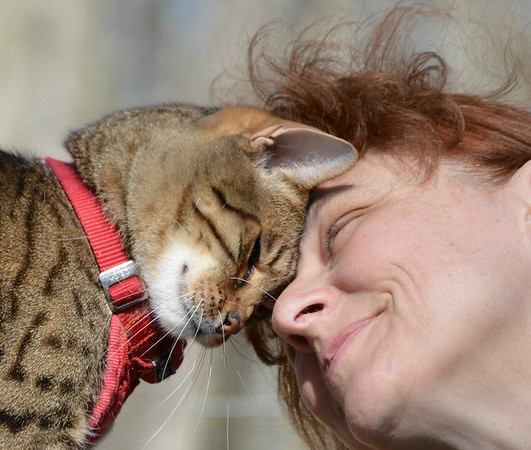- Joined
- Mar 18, 2016
- Messages
- 1,765
- Purraise
- 645
Hey all. I'm doing a research essay for school about hybrid animals and if we should be breeding them. I'm covering both wild x wild hybrids such as ligers and wild x domestic hybrids such as Bengals. I've pretty much already made up my mind about the wild x wild hybrids, but there's a lot of mixed information on wild x domestic hybrids. It seems like every informational site/article I read says they shouldn't be pets and they have bad traits from the wild blood and the site will have a bunch of stories about people being unable to care for them, but every person who I've found talking about having a hybrid absolutely loves them and says they're the best cats ever.
Personally, I've been leaning towards they shouldn't be bred because there just hasn't really been enough good to justify the bad or the potential bad. However, finding information isn't the easiest and, while I've read most that at least Bengals are mostly later generations, it seems I can't find anything on those later generations. Everything is F5 or earlier. I don't like forming an opinion without all the information and I do believe compromise might be necessary. Hybrids already exist, so perhaps something can be figured out. Also, I want to be convinced, to be completely honest. Bengals are stunning cats and, the more I've looked into them, the more I've wanted one.
Anyway, to sum this up, I'm wondering if there is anyone who breeds or rescues Bengals on this site or if anyone knows of someone who'd be willing to talk to me(just through a pm would be fine). I want to hear from someone I can trust to tell me the truth and is familiar with the generations. I had wanted to visit someone to see for myself, but even if anyone would be willing to let me visit I only found two breeders near me(though I was surprised there was that many and more a bit further off) and neither site really impressed me. I want to know they're doing it right if I'm going to make a proper judgement.
Personally, I've been leaning towards they shouldn't be bred because there just hasn't really been enough good to justify the bad or the potential bad. However, finding information isn't the easiest and, while I've read most that at least Bengals are mostly later generations, it seems I can't find anything on those later generations. Everything is F5 or earlier. I don't like forming an opinion without all the information and I do believe compromise might be necessary. Hybrids already exist, so perhaps something can be figured out. Also, I want to be convinced, to be completely honest. Bengals are stunning cats and, the more I've looked into them, the more I've wanted one.

Anyway, to sum this up, I'm wondering if there is anyone who breeds or rescues Bengals on this site or if anyone knows of someone who'd be willing to talk to me(just through a pm would be fine). I want to hear from someone I can trust to tell me the truth and is familiar with the generations. I had wanted to visit someone to see for myself, but even if anyone would be willing to let me visit I only found two breeders near me(though I was surprised there was that many and more a bit further off) and neither site really impressed me. I want to know they're doing it right if I'm going to make a proper judgement.


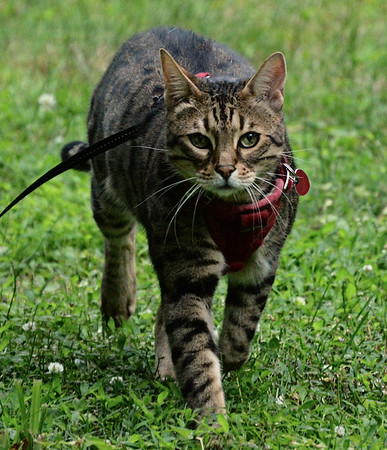
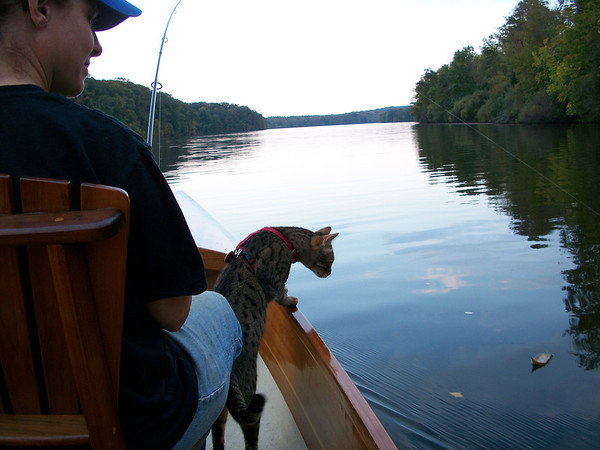
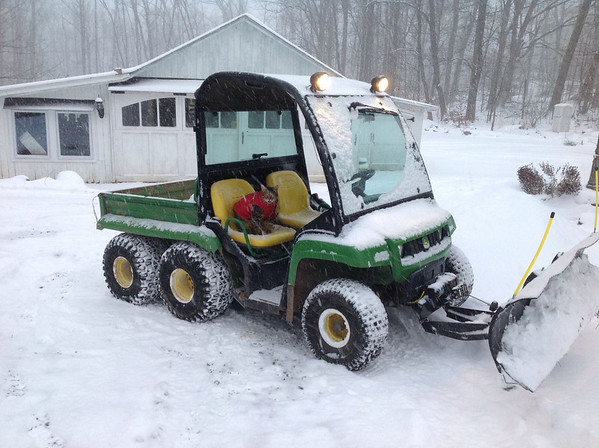
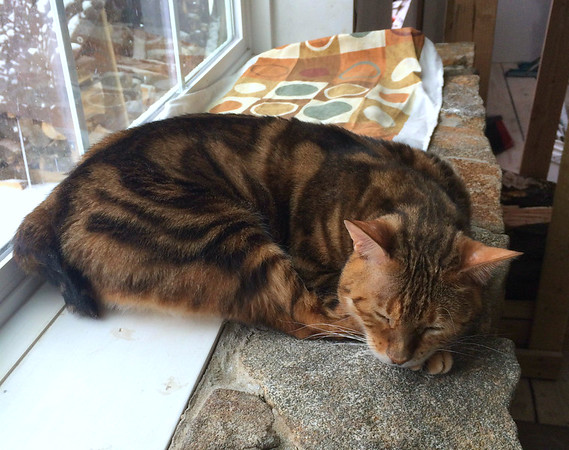
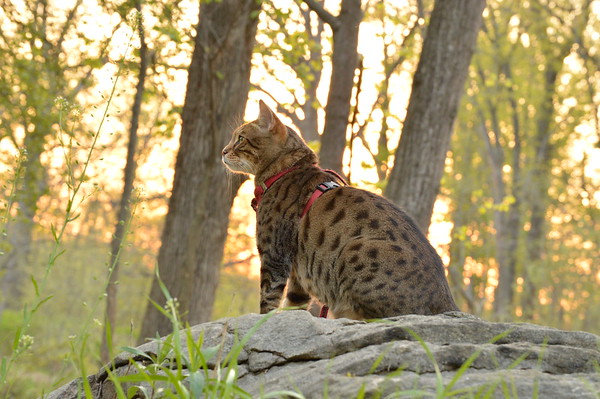

 Even when people do read up on early generation, I suspect its difficult to fully believe just how difficult and demanding a cute little 15-20 pound cat can be!
Even when people do read up on early generation, I suspect its difficult to fully believe just how difficult and demanding a cute little 15-20 pound cat can be!